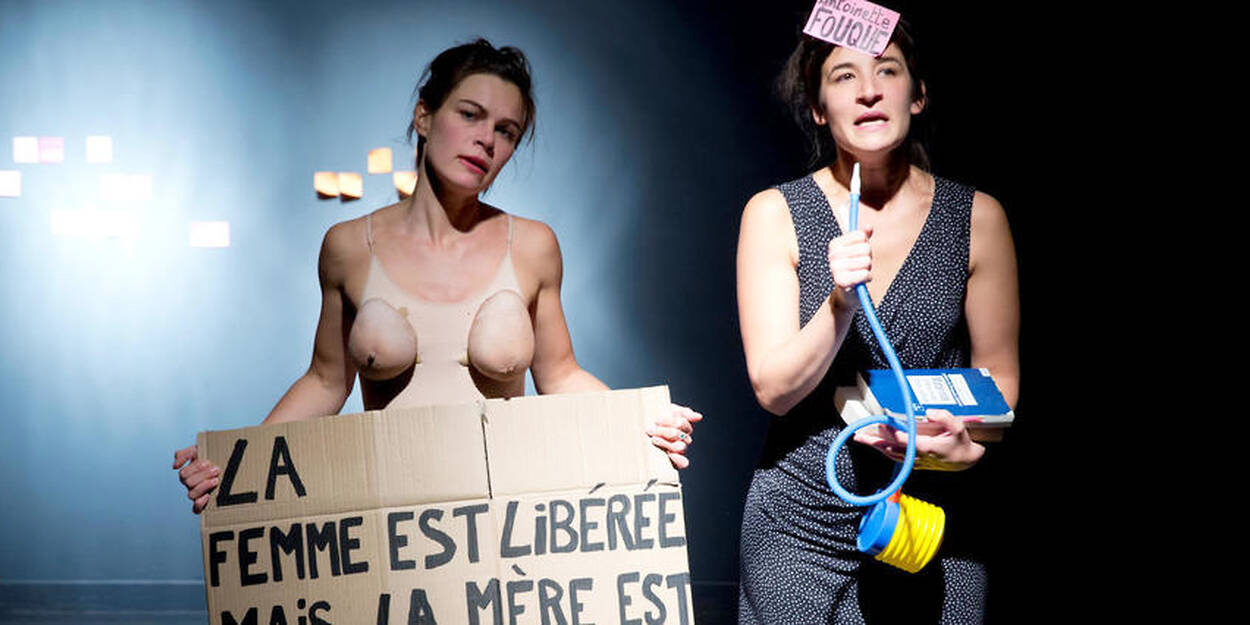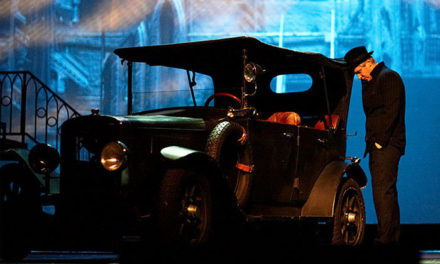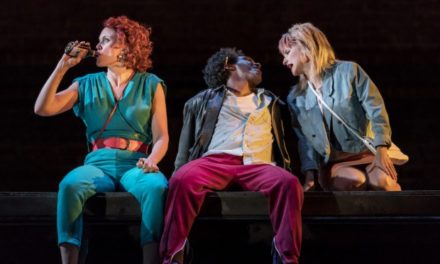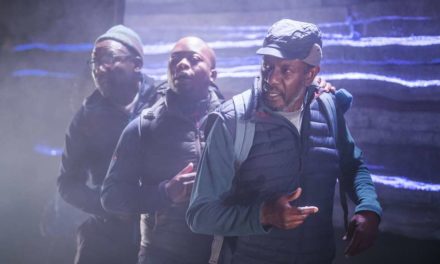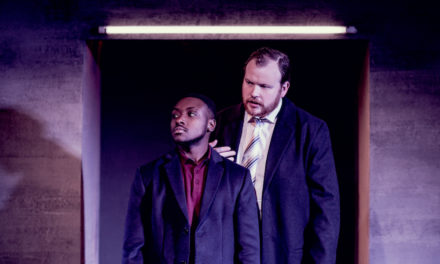The annual International Literary Translation & Creative Writing Summer School is delivered in Norwich, UK by the British Centre for Literary Translation in partnership with the National Centre for Writing. This year’s Summer School, from 20 to 24 July, inevitably took place online. The options available were Danish to English, Dutch to English, French to English, Multilingual Prose, Multilingual Theatre, Norwegian to English, and Training the Trainer. Here, members of the Multilingual Theatre Option write about their experience.
Elton Uliana on the significance of theatre in translation
It is only recently that the complex relationship between text and performance has received a revitalizing new emphasis in translation studies and among theatre practitioners, prompting translators to extend the scope of conventional hermeneutical and semiotic approaches towards an ‘aesthetics of performability’. It is, therefore, no accident that the BCLT Summer School 2020 has opened up a space for theatre translation for the first time in its 21-year history.
The intensive training week comprised talks, panel discussions, and hands-on workshops convened by William Gregory who, from his experience of having translated more than two hundred Spanish and Latin-American plays, shared with us brilliant and challenging ways of reconciling questions of textuality such as fluency, rhythm, and flow of language on the page with issues of performability and verbal corporeality.
I was privileged to bring to the discussions my translation of a play by the celebrated Brazilian playwright Andrea Bassitt entitled The Evicted Soul [Alma Despejada, 2020], a tenderly humorous monologue written through the perspective of a dead woman. My work on this text has benefited immensely from the support, advice, and expertise of William and all the participants in the group.
Charlie Gobbett
It would seem that theatre translation is gaining greater recognition in the literary translation world. Or perhaps my two years spent badgering the BCLT in Norwich to include a Theatre option in its annual Summer School have paid off. Either way, what the ten participants in the Multilingual Theatre group got out of the week was informed and inspiring leadership from William, a chance to hone aspects of their technique and share their work in progress, and a great sense of belonging and mutual affection. Plus a host of other benefits too numerous to mention here.
Did it make a difference that the Summer School was entirely online this year? Assuredly. I missed the informal social mingling with the other groups, spontaneous conversations in the lunch queue and the more relaxed (dare I say alcohol-fuelled?) evening-letting-down-of-hair common at this kind of event (despite the valiant and generally successful attempts by Anna, Duncan, Martin and co to reproduce this in virtual form and the many participants who put their spectacular talents on show). But I really enjoyed the feeling of camaraderie that quickly sprung up among the members of the Theatre group, even though we were together courtesy of Zoom only and had (mostly) never met each other in person. I came away with a strong feeling of friendship and shared experience with Joe, Rachael, Lucy, Rosie, Marinella, Camila, Sarah, Elton and Valentina (and William of course) and am keen to stay in touch with them all and celebrate with them their successes when they come. Thank you, BCLT!
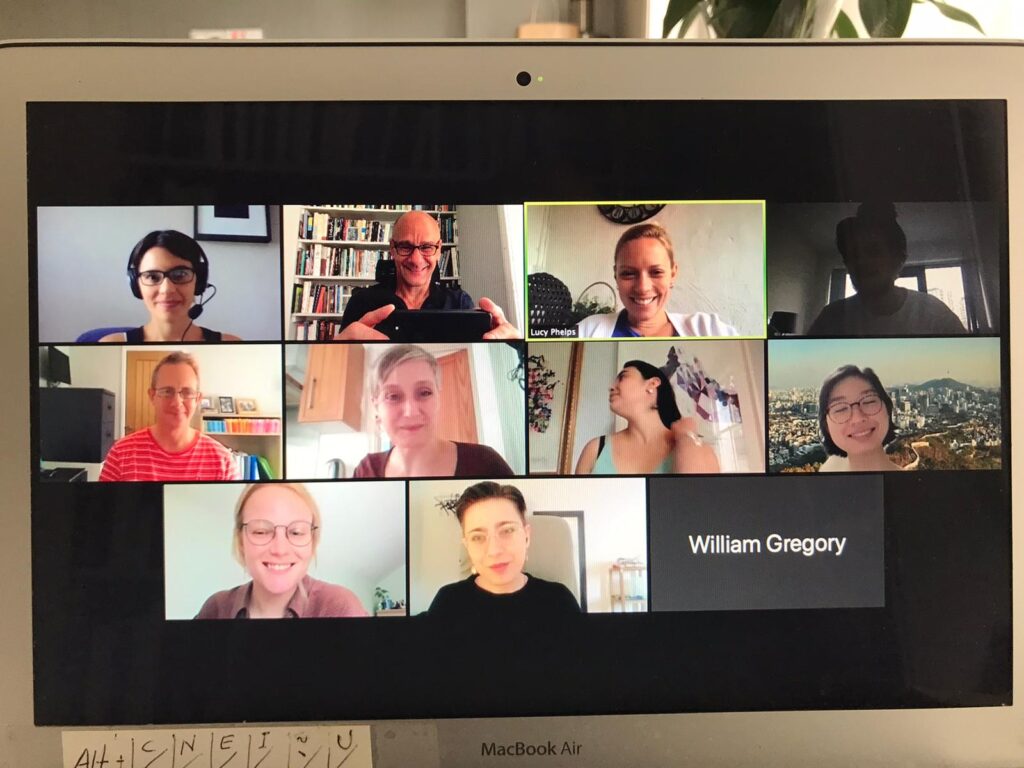
L to R, top to bottom: Valentina Marconi, Elton Uliana, Lucy Phelps, Joe Gilmour-Rees, Charlie Gobbett, Marinella Mezzanotte, Camila Ymay González Ortiz, Sarah Lyo, Rosie Fielding and Rachael Daum.
Marinella Mezzanotte’s balance sheet
| GAINS | LOSSES |
| The sense of redemption I felt when offered a place, having previously cancelled my application after the inevitable shift to an online event. My silly email was blissfully overlooked, which was the best customer service I’ve had in my life. | The physical company of other students and teachers – all the conversations we didn’t get to have over coffees and meals, with the sudden illuminations that can take place when people socialise spontaneously. |
| The play I found – through Edward Fortes of the Emerging Translators Network – when I had to scramble for a working text. Years from now, I’ll be asked about the first play I translated and saw performed on an English stage, and it will be this one. | |
| The open-mic night, possibly the only Zoom social I have managed to attend and enjoy without being plunged into depression afterwards. | |
| Being a better translator all round after this course, in fact I already was halfway through. | |
| Jeremy Tiang serenely telling us all that his CV is a mess – I felt so normal, and so hopeful about my future, I almost wept. | |
| William giving us lists of verbs, nouns and adjectives and asking us to guess the type of playtext they’d been lifted from. Then getting us to take apart a section of our draft in the same way, and my translation soared. | |
| The sheer joy of words that I used to feel when I was a child and couldn’t stop reading the dictionary – I’d forgotten that. | |
| Coming away with increased confidence and motivation. And a mind alight with creativity. |
Joe Gilmour-Rees – Learning and Teaching on Zoom
I was interested to see how BCLT would transform a one-week intensive summer school into an online experience. It was clear from the timetable that part of the content was going to be what educationalists call ‘asynchronous activity‘, something that can be done in one’s own time. BCLT wisely chose to replace lots of the talks and lectures with pre-recorded YouTube videos which could be watched at any time.
The main chunk of learning happened within our smaller groups, with good use made of breakout rooms from the first day. This gave us the chance to get to know one another but was no replacement for the more informal downtime you get in a face-to-face group when somebody says something interesting that you want to follow up with them in a coffee break. This low-key interaction becomes quite tricky without coming across as very intense: “LUCY, DO YOU WANT TO HAVE A PRIVATE ZOOM ABOUT THAT ASPECT OF SPANISH GRAMMAR THAT YOU MENTIONED FORTY MINUTES AGO?”
All in all, the Summer School was an extremely positive experience, and the very fact of it being online only had advantages as well – people logging in from Germany and Korea, for example. BCLT has expressed a desire to explore digital options post-Covid. I wonder if the format could be pushed further… For example, if the experience obviates the need to be physically in Norwich, could sessions not be spread over a month or two? In which case, students could work on their translations and show their progress each week. Over the course of an intensive week, there is very little time to actually work on one’s own translation between the classes. I commend BCLT for its quick and brave decision to run its summer school online. In the future, I’d love to see educational institutions undertaking an even deeper rethinking of the format of events to take full advantage of the opportunities that online learning creates.
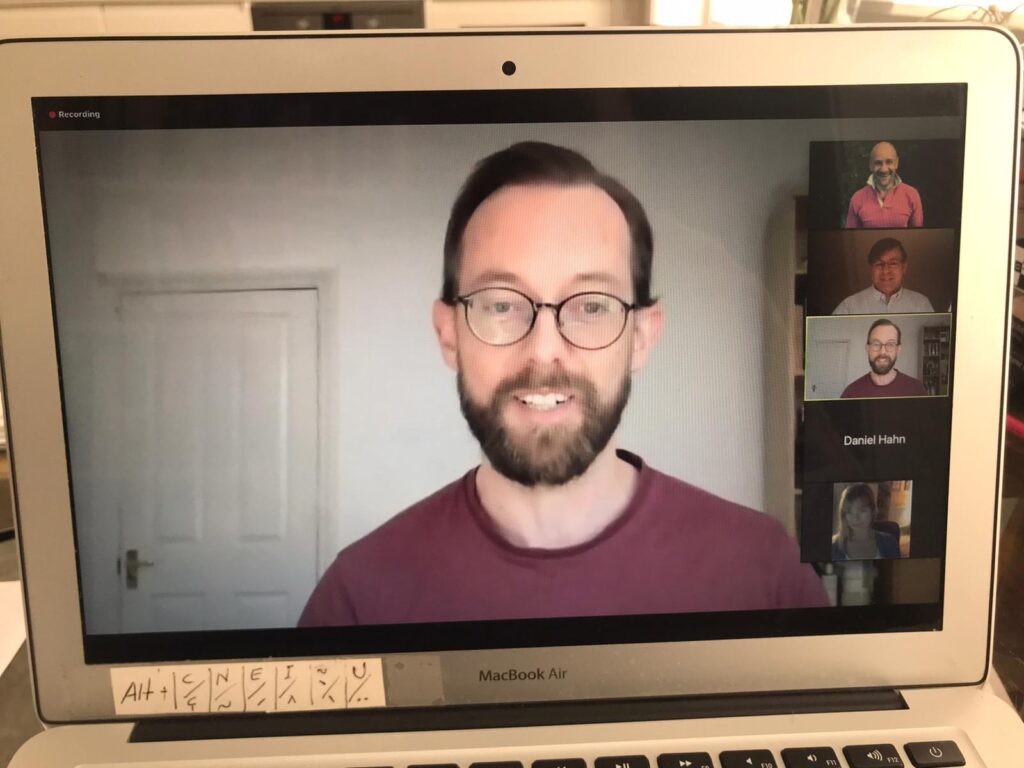
Workshop leader William Gregory.
Sarah Lyo
I had looked forward to taking part in this virtual, week-long workshop immensely, not least because it was the first-ever to be organized by BCLT in theatre translation. But the online aspect of it gave me pause, as it probably did so many others. A world ago, back in 2018, I’d taken part in the Korean language translation workshop in lovely Norwich, and I wondered whether that same sense of delight and community could be replicated on screen – especially given that this time I was thousands of miles away in Seoul, with an eight-hour time difference.
I needn’t have worried. I could feel the cheer and verve of my colleagues and their obvious enthusiasm for theatre and translation emanating from my screen. An intriguing range of works and languages was represented, and the discussions were both animated and intensely technical, focusing on sound, register, voice, rhythm, cultural context, and dramatic presence.
Our efforts culminated in a collective performance of passages from our individual translations, with group members reading the different parts. It was magical – not the magic of Norwich, but a kind of magic nonetheless, one that took place in our own countries, each of us so far away and yet so near. For this much-needed sense of togetherness, many thanks go to the organizers of BCLT, the members of the Theatre group and to William, for his kind attention and instruction.
Lucy Phelps
I’ve flirted with theatre translation for a few years, but this summer I decided to take the relationship further and apply for the Multilingual Theatre Workshop at the BCLT Summer School. It seemed an exciting opportunity to meet like-minded people, develop my skills and learn more about the craft of theatre translation. In a year when theatres all around the world are ‘dark’, it felt more important than ever to try to illuminate them, albeit via Zoom!
The week was a celebration of the best aspects of theatre: collaboration, storytelling, invention, creativity, empathy, laughter, a love of words, their rhythm, their musicality, their muscularity and sound, and learning about the life experiences of others. In a time when physical travel abroad is limited, this workshop brought together translators from across the world working on texts by playwrights from Korea, Serbia, France, Chile, Brazil, Italy, Spain and Japan. I was moved and enriched by the experience thanks to the workshop participants and our exceptional workshop leader, William. I would relish the opportunity to repeat the experience in person one day.
At the end of the week, I felt more passionately than ever that theatre in translation needs to have a greater role in the UK theatre industry – a core part of a theatre’s programming. There are so many global stories and stylistically innovative play texts that translators are longing to share with UK audiences and the international communities that live here. I hope that as the global theatre community emerges from this difficult time, with a new vision for more inclusive and innovative ways of working, and a renewed commitment to its societal responsibility, more plays in translation will take center stage.
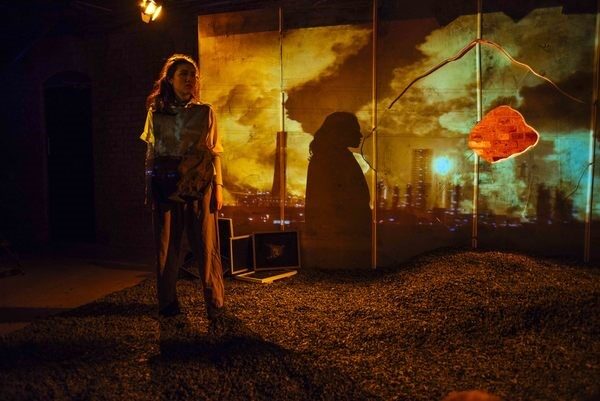
The Pulverised/Pulverisés by Alexandra Badea, translated by Lucy Phelps.
Valentina Marconi
As a previous BCLT Summer School participant, I had high expectations. I am pleased to say, the experience surpassed them all. William made clear from the start that we all had something to contribute, regardless of background or where our English came from. My self-conscious non-theatre-trained non-native self sighed with relief. It’s not often that the importance of otherness is mentioned, let alone valued, in a professional context. We were presented with a range of diverse and thought-provoking texts, written in many different English-es, and the atmosphere in the (virtual) room was incredible, everyone buzzing with excitement and bouncing ideas off of one another.
Rachael Daum
Having found myself translating a collection of plays, I was grateful for the chance to join enthusiastic and knowledgeable workshop-mates. There is a kind of creativity that was encouraged here, an urging to push to capture the uncapturable. I was grateful to be able to turn to the others’ expertise not only as fellow translators but also as actors and directors, especially as I have no formal theatre training. I was so encouraged by my experience at the workshop that I felt empowered to apply to the PEN Women in Translation Month readings with my text – and it was accepted!
This article was originally published in the Bulletin of the Great Britain Institute of Translating and Interpreting. It was reposted with permission.
This post was written by the author in their personal capacity.The opinions expressed in this article are the author’s own and do not reflect the view of The Theatre Times, their staff or collaborators.
This post was written by Charlie Gobbett.
The views expressed here belong to the author and do not necessarily reflect our views and opinions.

